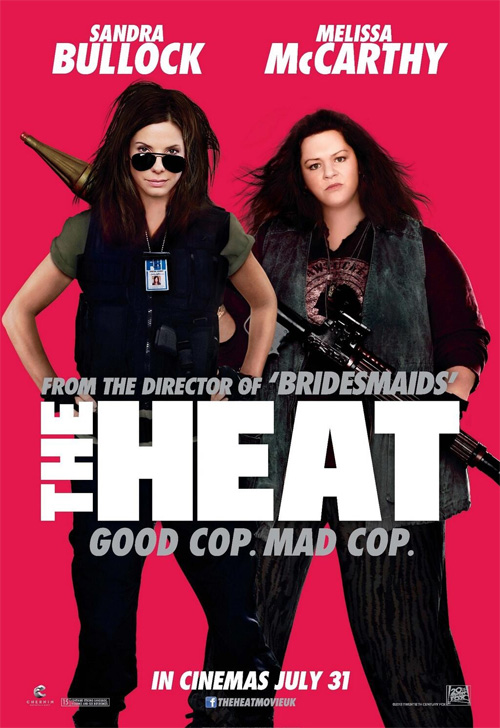PETA Thanksgiving Turkey Terrorism
First of all, Happy Thanksgiving!
This post is in response to PETA’s blog post about NBC Nixes Family-Friendly Thanksgiving Day Parade Ad.
In the aforementioned article, PETA complains about NBC’s decision to ban their “family-friendly” 2009 Thanksgiving Day Parade Ad, “Grace”. They further claims that their ad is made “with the parade’s kid-centric audience in mind, hoping to empower children to make informed, healthy, and humane decisions about their diets”. Here is the controversial advertisement banned by NBC:
I have to say that I disagree with what PETA is saying. Besides missing the point of what a “family-friendly” ad is supposed to be like, PETA does not demonstrate professionalism in responding to a legal decision. I mean, what is so “family-friendly” about the sinister, sarcastic advertisement? The part where the girl grotesquely describing an exaggerated version about the slaughtering of an animal? Or perhaps, it is the part where the whole family looks very uncomfortable and loses their appetite? I do not see how this advertisement can “empower children” in any way unless making them confused and appetite-less is empowering.

PETA surely has had its inspiring moments in fighting abusive manner towards animals. However, this advertisement is taking it a little bit too far. It is ironic how an organisation fighting for the ethical rights of animals is surprisingly unethical in dealing with humans. By publishing an ad that is both insulting the old-age tradition of America and terrorising children in the pretence of being “family-friendly”, PETA has dragged its name deeper into the mud. A writer in Houston, Mark R. Whittington, remarks that “PETA is not respectful of any belief but the one it holds”. As an organisation trying to make a change, PETA should have known better than to campaign itself in such a confrontational manner that decreases its value in the public’s eye.




